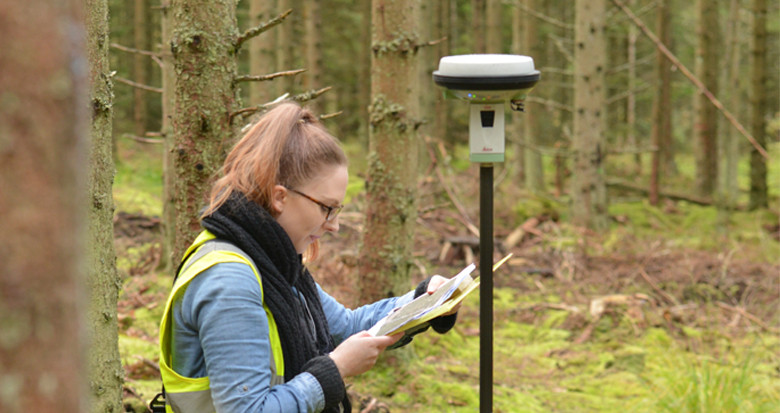Knowledge transfer partnership
By Sophie Davison
This past week I finished up a two-year Knowledge Transfer Partnership (KTP), working with both Durham University and NM Group. The aim of the partnership was to undertake research and development that would add new academic research to NM Group’s vegetation management portfolio, an area where NM Group had already made substantial progress. Aside from the improvements and developments made in vegetation modelling and visualisation, I can’t emphasise enough how influential the process has been on my personal development. The opportunity to travel to elsewhere in the UK, the USA and Australia and meet with key clients to better understand their vegetation management needs was by far the most enjoyable part.
We’ve had some really exciting results emerge from the Partnership, the most important, in terms of future product offerings, being new developments in quantifying vegetation risks to overhead lines. Both through carefully building risk models to understand the spatial likelihood of tree fall or branch failure, based on much more than just visible signs of ill health or structural weakness, and having an in depth understanding of the various consequences of grow-in or fall-in hazard scenarios at different points in the network.
A detailed understanding of the spatial distribution of vegetation risks can help a utility recognise where their vegetation management resources can be targeted to generate the most impact, be it related in reducing outages or preventing bushfires. This research, based on a mixture of detailed technical knowledge of electricity networks from within NM Group and years of academic research into modelling vegetation and wind throw from Durham University, is being put into action over for utilities across the world and is being written into a range of papers to be published in the coming months.
The collaboration with Durham University has provided NM Group access to invaluable resources and knowledge. Academic discussion groups and years of research progress published in peer reviewed journals meant that development could incorporate true academic rigour and experience from a vast knowledge base. At the same time, Durham University could ensure that their research was having real commercial applications and impact. There are already talks of further collaboration with departments like Computer Science and Maths to ensure NM Group remains at the cutting edge of technological advances for vegetation management solutions.
Find out how this research is being put into action in our vegetation management service.
